Looking to explore South Africa in all its glory? Get ready for majestic mountains, pristine beaches, and vast wildlife. There are so many adventures that await in one of Africa’s most popular safari destinations. Here is our ultimate South Africa Travel Guide. If you’re looking to travel through the Garden Route of South Africa, Look no further than AFC Holidays South Africa Tours.
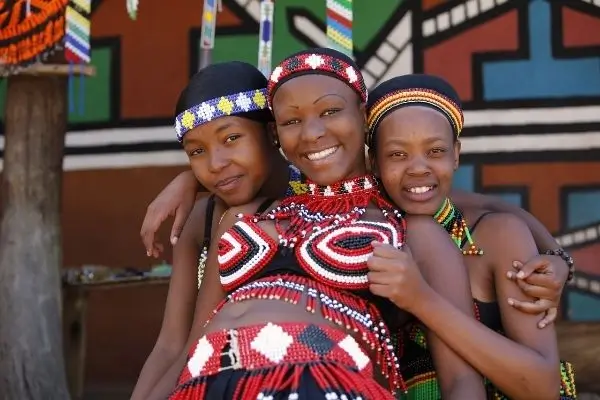
Language
Some of the local languages include AFRIKAANS, ZULU, XHOSA, and SEPEDI; Many locals speak fluent ENGLISH due to historical reasons.
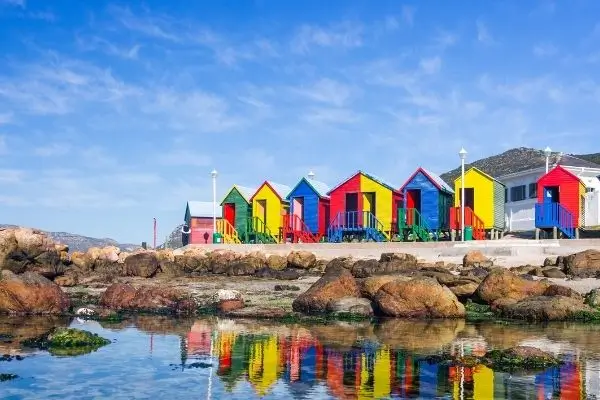
What Weather to Expect in South Africa?
Due to its size, South Africa’s weather cannot be easily summed up. The experience and climate to expect greatly depend on when you plan to travel. It also depends on which area you’re looking to explore. South Africa enjoys FOUR SEASONS throughout the year as follows:
• Summer (December to February): Avg. Temp. 77°F (25°C) (*Rainiest Season with Ave. 4.5-inch rainfall.)
• Fall (March to May): Avg. Temp. 70°F (21°C)
• Winter (June to August): Avg. Temp. 63°F (17°C)
• Spring (September to November): 75°F (23°C)
What kind of clothes to pack in South Africa?
• December to February: Umbrella/Raincoat/Rain Bag(Waterproof).
• All Seasons: Bring appropriate sun protection products i.e. sunblock for the body, face, etc.; Hat/ caps/ sunglasses; Light cotton garments; Comfortable walking shoes. Hair accessories and hats are more recommended than keeping hair styling tools. Bandanas and Buffs are also recommended. It is key to bring clothes for all seasons wherever whenever in South Africa as temperature changes are more drastic.
South Africa Religion

PREDOMINANTLY CHRISTIAN (Over 80%). 5% Identify as Ancestral or Traditional African Religion, 2% Identify as Muslim, and 1% as Hindu. With that in mind, Tourists have to be mindful and observe respectful behaviors when in churches, or other places of worship.
South Africa Guide to Currency
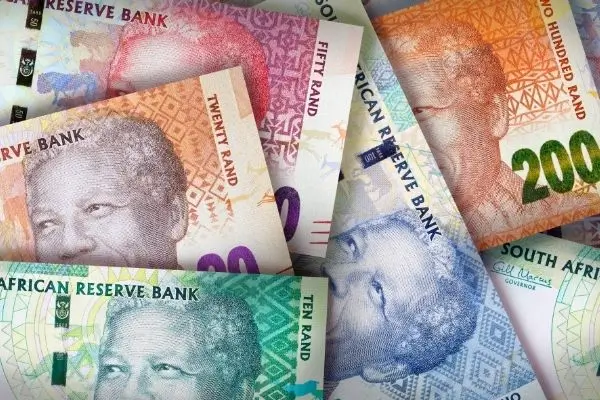
SOUTH AFRICAN RAND (ZAR) - All transactions especially for souvenir shopping, restaurant, or bar bills should be settled in ZAR. It is best exchanged for USD, GBP, or EUR.
The best place to exchange your money is in banks or forex bureaus. There will be plenty in larger cities and tourist areas. Other options are shops and hotels, however, the rates would not be as great.
Lastly, there will be unofficial moneychangers or even black market options. Unofficial ones are tolerated and black market exchange may give higher rates but they are illegal and could be dangerous. Should you desire to make exchanges through these sources, be extra wary of any modus that might happen. Always count your money before walking away, as there are notorious stunts being practiced like poor exchange rates, folded notes and clipped newspapers between the exchanged money.
A key thing to maintain is at least USD 20 on hand for emergency situations.
Should you bargain?
Bargaining is not as prevalent in South Africa, the safest approach is to keep bargaining reasonable in markets and stalls that cater to tourists. It is possible to negotiate discounts with taxi drivers and accommodation depending on the season.
Should you leave a tip?
Tipping is expected in fancier hotels or restaurants unless they automatically include Service Charges. However, this is not obligated especially if the service has not been up to par. Taxi drivers are not normally given tips but may expect them if the traveler appears to be well off.
Tour guides and safari drivers expect gratuity at the end of your tour or trip. Around 10 USD to 15 USD per person, per day, and per group would suffice.
Guide To South Africa, How much is a day?
Minimum USD 75 to 150 per day or more depending on interest and choice of activity.
Power plugs and socket

South Africa uses Type C, D, M, and N power plugs at 230 Volts and 50 Frequency. Bringing power plug adapters is advisable.
Getting Around South Africa Guide
Getting from one tourist town to the other is relatively easy in South Africa with the help of long-haul buses. Intercape and Translux are the more popular choices that offer online booking systems. They are super economical with fares starting from 3 USD which may rise 30% during holiday seasons.
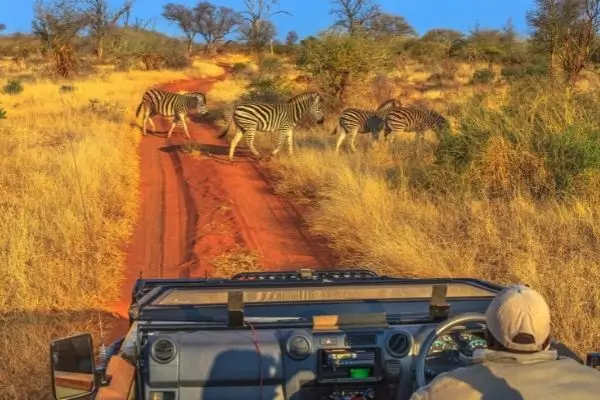
If you’re looking to cover both Cape Town and Johannesburg during your stay, you have two options. The decision is highly dependent on your duration of stay in South Africa, if you’re not in a hurry, there are trains that could take you from Cape Town to Johannesburg. This is a 29-hour long journey. If you’re in a rush, there are domestic flights that could make it easier.
A popular tourist choice is to rent a car to reach wilderness areas and national parks, as public transport going to these specific areas is too complicated and limited. Other options are inexpensive local minibusses or taxi services, which are most commonly privately owned. They’re often overloaded with other travelers and may be risky for the faint-hearted. For a more comfortable and well-guided exploration, consider exploring the convenience of a Kenya tour that offers curated experiences and hassle-free transportation options.
Tourists may also opt for ride-sharing or hailing apps like Uber in more touristy parts of South Africa.
South Africa Travel Guide – The Checklist

Need Internet Everywhere in South Africa?
Tourists will commonly find local sim cards with ready network access at Cape Town Airport or Johannesburg Airport. SIM cards sold at the airport do not have a higher price than the ones in town. Some would even say that the best deal for SIM Cards is at the airports.
Keep your passport ready when purchasing a local sim card. Some of the more common options include MTN, Vodacom, Cell C, and Telkom. They can cost starting from 25 ZAR (2 USD).
South Africa Travel Guide to Medications
Prepare preferred over-the-counter medicines (Keep in original containers/with labels for easy identification) in small quantities (or as you find necessary) into a simple first aid. i.e. Diarrhea medicines, antacids, antihistamines, motion sickness, cough drops, decongestants, pain and fever relief, mild laxatives, bandages, and small antiseptic solutions. Along with your masks and preferred sanitizer.
Bring a doctor’s prescription for other prescriptions that you may have as needed and check for the allowed amount of quantity depending on your stay.
Now that you’ve read this South Africa Travel Guide
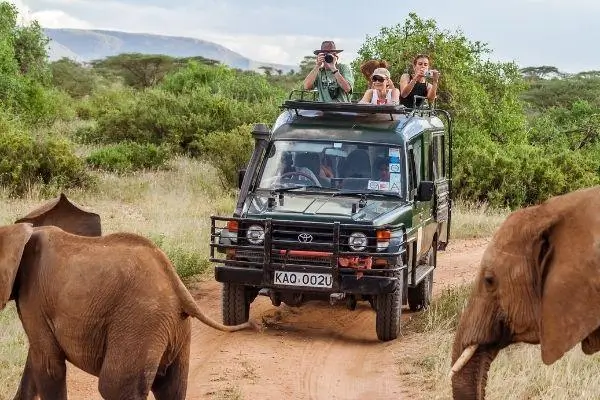
You are officially ready to travel to South Africa. Don’t forget that you’re always free to contact your AFC Representative if you have any more concerns before your departure! We wish you safe and happy travels!
You may also be interested in our recent post: Greece Travel Guide Before You Go